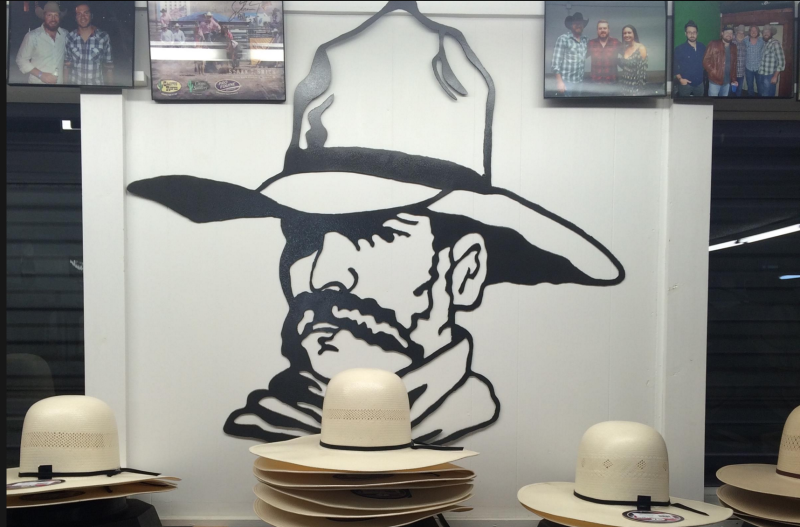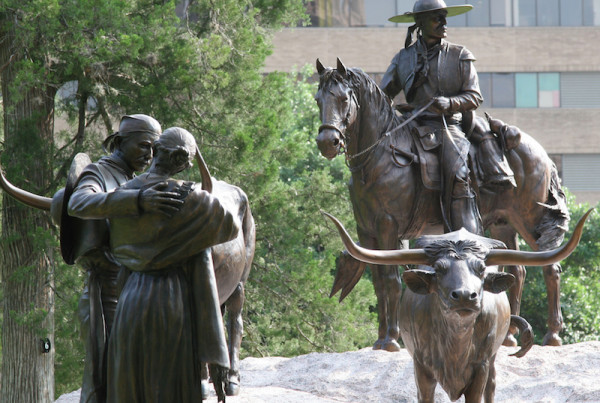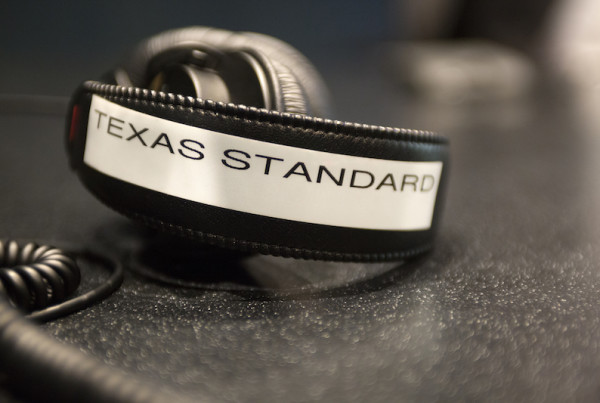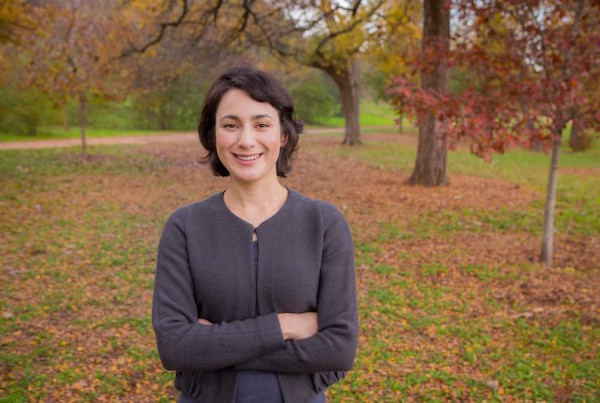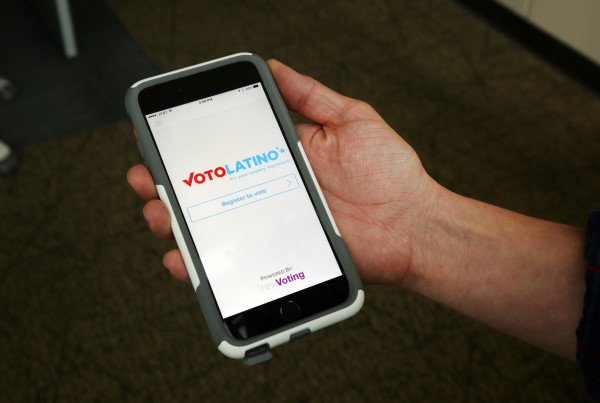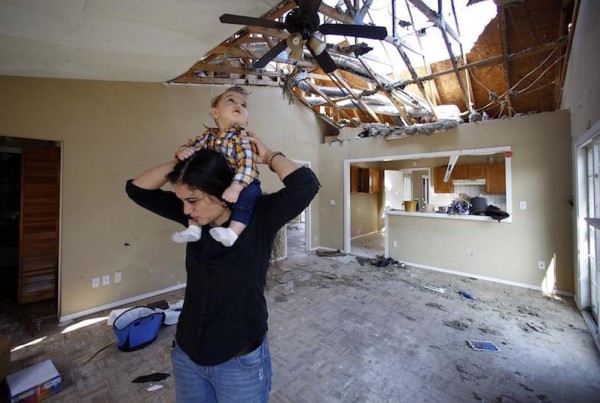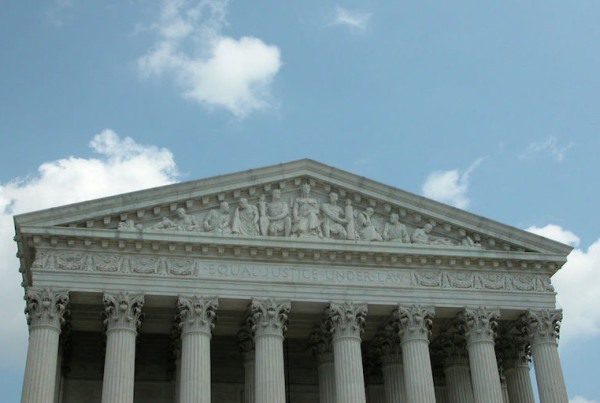This story originally appeared on Heart of Texas Public Radio.
Like any Yankee born in New York and raised north of the Mason-Dixon, my immediate and stereotypical impression of Texas is a cowboy, and by extension, the hats they wear. So who better to talk to about what makes Texas so Texas-y than a maker of that universal symbol?
That’s what leads me to Cameron Morris, who’s owned and operated Standard Hat Works in Waco for the last several years. On the day we talked, Morris showed me the hat-making process, from sizing – to get a nice, snug fit – to shaping, which gives a hat that iconic bend. For the 37-year-old hat maker, Texas is the only place for him.
“The only way you’re getting me out of Texas is in a pine box,” Morris says. “I’ve been here my whole life and I love it—wouldn’t live anywhere else.”
Texans, Morris tells me, have their own character and attitudes, even their own form of punctuality.
“People in Texas are just, kinda, a little bit slower. If we get there five minutes late it’s all right, you know, 10 minutes late, it’s okay,” Morris says.
During my nearly fout years in Texas, I’ve definitely come to understand there’s a slower pace here; people talk more gradually, and time is based on Texas minutes. But before I moved to the Lone Star State, I definitely had some preconceived notions about what it was like. And I’m not the only one. My friends – Sammie Starr, Mike Stanley, and Patrick Lenz – all moved to Texas like I did, and had plenty say about their thoughts on the state before moving here.
“Wide expanses and gun slinging, you know, longhorns.”
“A truck or two, cowboy boots every day, hats.”
“Very boastful, arrogant, loud, rowdy, everybody rides a horse and wears a cowboy hat, chews tobacco.”
“Western movies.”
Like myself, my friends all had a certain understanding of Texas before they got here, and while their preconceptions may seem a little harsh, they’re not too far off – at least in some respects. While we like to think of modern Texas as more than one big ranch, the state’s leading industry is still agriculture, and it leads the nation in cattle production. That adds up to roughly $10.5 billion annually in cattle alone. The United States Department of Agriculture even estimates that Texas has close to 12 million heads of cattle this year – the most of any state in the country.
So maybe that’s what’s perpetuated the Texas cowboy folklore. With that many cattle, cowboys are just needed. But Texas and the people living here are much more than that. There’s a unique identity to Texans. It seems – in part – to be a balancing act between unwavering state pride and overzealous braggadocio. And all of that’s got me wondering:“What does it take to be a good Texan?
Ashley Cruseturner, a history professor at McLennan Community College, says to be a good Texan you also have to buy into some of the Texas attitude and mythology.
“You gotta come to Texas, and you gotta love Texas, and you gotta say, ‘I’m a Texan.’ That doesn’t necessarily mean wearing a cowboy hat, and I don’t mean you have to be an arrogant fool. But there is a certain, maybe even swagger, to that,” Cruseturner says.


